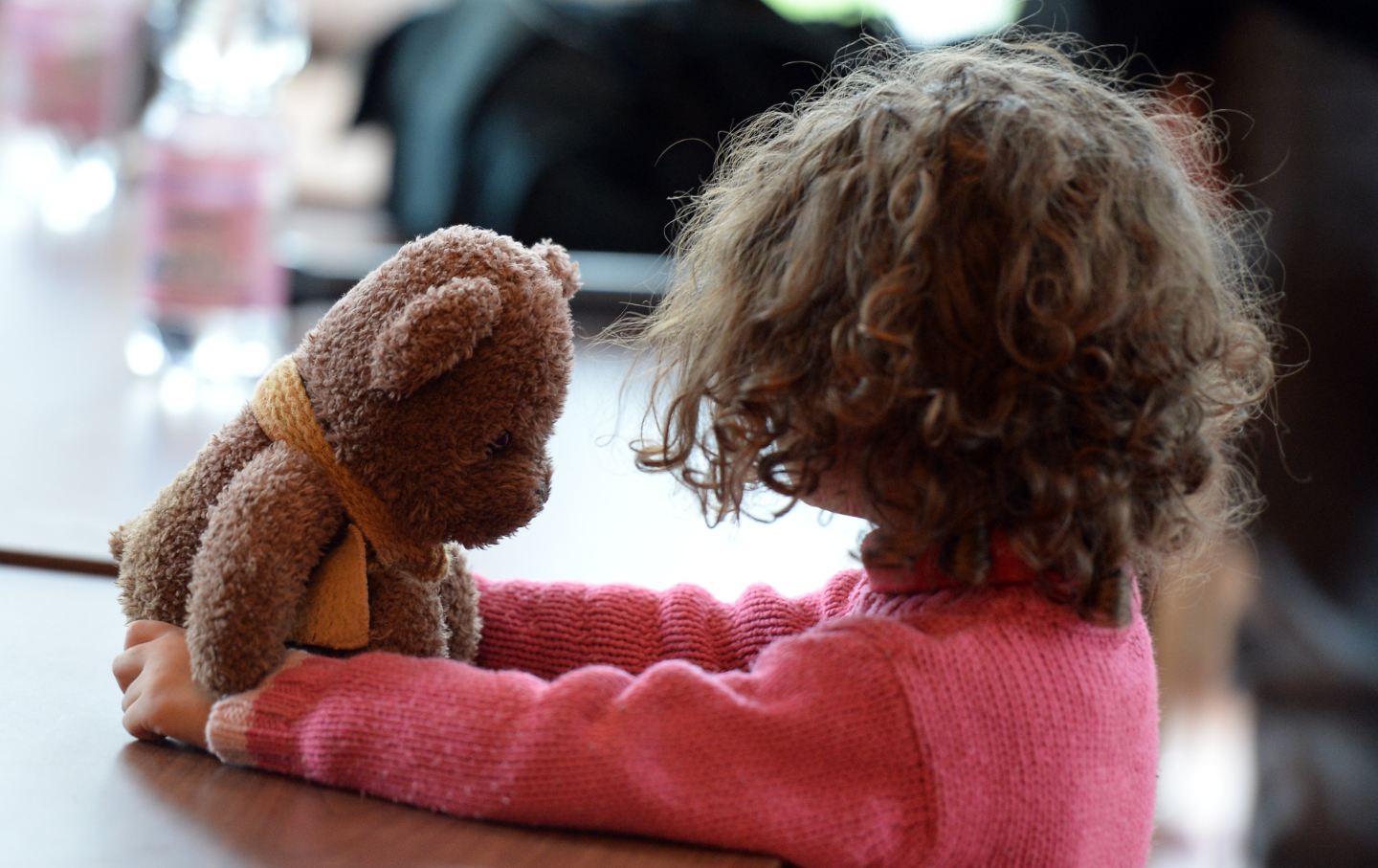
"Wendy Henderson, the former administrator for the division of safety and permanence at the Wisconsin Department of Children and Families, was working late one night, pouring over data related to the early Covid pandemic, when a graph stopped her in her tracks. It showed that, during the eviction moratorium put in place by the Centers for Disease Control between September 2020 until August 2021, the number of Wisconsin children removed from their families due to housing issues fell by 33 percent. "It was unbelievable, just this dramatic drop," Henderson told me."
"The data analysts on her team were excited-this was the closest to a causal relationship as they could get. "In our field, we don't really do experimental studies because it's a bit on the unethical side. We're always trying to [show impact] with correlations," said Dustin Koury, former strategic initiatives supervisor at the Department of Children and Families. But the correlation was so strong that the data team was confident they could say the drop was "because we stopped evicting people," Koury said."
"The department decided to create a pilot project, which it dubbed Wisconsin Family Keys, aimed at solving a persistent problem: Nationally, in about 10 percent of the cases in which child welfare agencies remove children from their families, the families' inadequate housing is at least part of the reason why. In 2021, at least 1,467 children were taken from their families solely because of their housing situation. Those numbers don't include the many families who can't get their children back because a caseworker or judge deems their housing unfit. The Wisconsin Department of Children and Families allocated $1 million, a "shoestring" budget, Henderson said, to the effort; equally as significant as funding was that it gave counties permission to try out new approaches."
During the CDC eviction moratorium from September 2020 to August 2021, Wisconsin child removals due to housing declined by 33 percent. Data analysts interpreted the correlation as unusually strong and close to causal given ethical limits on experimental studies in child welfare. Wisconsin launched a pilot called Wisconsin Family Keys to address housing-related removals and support family stability. Nationally, inadequate housing contributes to about 10 percent of child removal cases, and in 2021 at least 1,467 children were removed solely because of housing. The state allocated $1 million and allowed counties to test new approaches to keep families together.
Read at The Nation
Unable to calculate read time
Collection
[
|
...
]